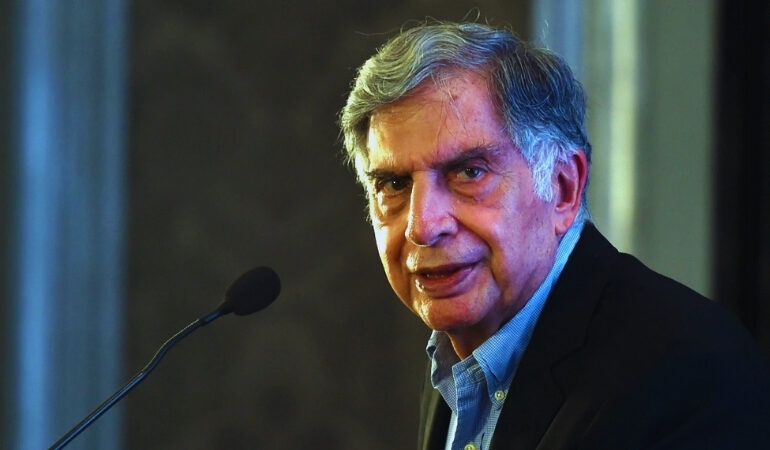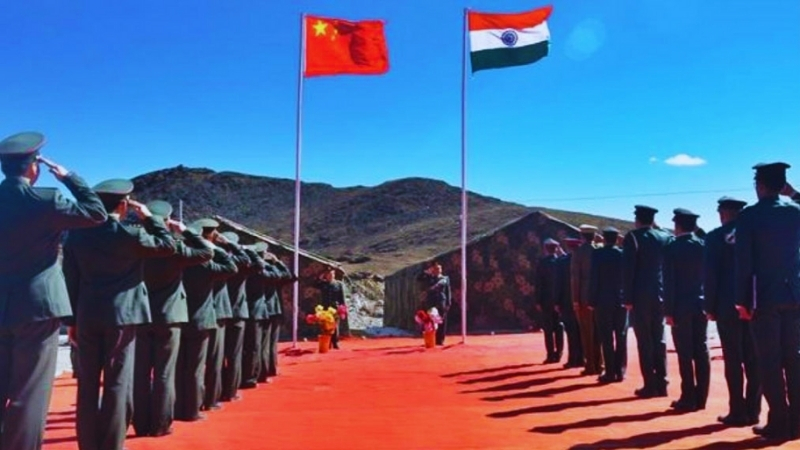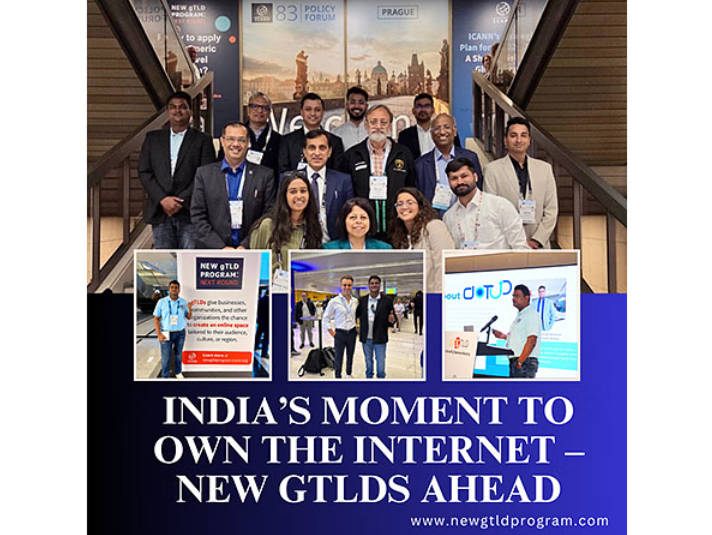Ratan Tata’s Passing: A Loss to the Nation and the World

The death of Ratan Tata, one of India’s most revered industrialists and philanthropists, marks the end of an era. As the former chairman of Tata Sons, his leadership transformed the Tata Group into a global powerhouse, but his influence transcended corporate boundaries. Known for his humility, vision, and dedication to philanthropy, Tata’s passing has evoked tributes from across the world, recognizing his invaluable contributions to business, industry, and society.
Early Life and Career
Ratan Tata was born on December 28, 1937, into one of India’s most illustrious industrial families. He grew up in Mumbai, where he completed his schooling at Campion School before moving to the United States to pursue a degree in architecture from Cornell University. Later, he attended Harvard Business School to complete the Advanced Management Program.
Tata’s career began humbly, as he started his work at the Tata Group on the shop floors of Tata Steel, learning the nitty-gritty of the industrial process. He rose through the ranks, and his significant role in the company became apparent when he succeeded J.R.D. Tata as chairman of Tata Sons in 1991. This marked the beginning of a transformative journey, as Ratan Tata steered the company through a period of globalization and diversification.
Ratan Tata’s Leadership at Tata Group
Ratan Tata’s leadership is synonymous with some of the most critical moments in the history of Indian business. He took over the reins of Tata Sons at a time when India was undergoing significant economic liberalization, opening its markets to the world. This shift in policy enabled Tata to pursue a bold strategy of international expansion. He transformed Tata Group from a predominantly India-focused conglomerate into a global leader, acquiring iconic companies like Corus Steel and Jaguar Land Rover.
Tata Motors, under his guidance, launched the Tata Nano, the world’s cheapest car, reflecting his commitment to making transportation affordable for the average Indian. Although the Nano didn’t achieve long-term success, it was a testament to his visionary leadership and desire to make life better for millions.
Ratan Tata also played a pivotal role in expanding Tata Consultancy Services (TCS), making it one of the largest IT services companies globally. His bold, visionary moves, combined with a deep understanding of market needs, earned him a reputation as one of the most forward-thinking business leaders of his generation.
Philanthropy and Vision for India
Beyond his corporate achievements, Ratan Tata’s contributions to philanthropy are immeasurable. Through the Tata Trusts, he focused on initiatives that improved healthcare, education, rural development, and social welfare across India. His dedication to these causes was not just financial but deeply personal, as he often visited remote areas to assess the impact of Tata Trusts’ work.
Tata’s vision for India was deeply aligned with his belief in inclusive growth. He once remarked, “What we do for ourselves dies with us. What we do for others and the world remains and is immortal.” This ethos was visible in his approach to business and philanthropy, where he consistently emphasized corporate social responsibility and ethical leadership.
One of his landmark contributions was Tata Trusts’ involvement in healthcare initiatives, including the Tata Memorial Hospital for cancer treatment and research, and Tata Medical Centre in Kolkata. Tata Trusts have also been instrumental in building educational institutions, including the Indian Institute of Science, Bangalore, and Tata Institute of Social Sciences, Mumbai.
Legal Battles and Controversies
Though Ratan Tata is remembered for his contributions to industry and philanthropy, his tenure was not without challenges. One of the most significant controversies during his leadership was the legal battle with Cyrus Mistry, his successor at Tata Sons. Mistry, who took over the role of chairman in 2012, was unexpectedly removed from his position in 2016, leading to a public legal battle that lasted several years.
The case centered around governance issues and allegations of mismanagement. The dispute escalated, reaching the Supreme Court of India, which eventually ruled in favor of Tata Sons, reinstating Ratan Tata’s leadership legacy. Despite the controversy, Tata maintained a dignified stance, focusing on the well-being of the conglomerate and avoiding direct public confrontation.
Global Influence and Recognition
Ratan Tata’s influence was not limited to India; he was a global figure in the world of business. His leadership earned him numerous international awards and recognition, including honorary doctorates from universities around the world. In 2008, he was awarded the Padma Vibhushan, India’s second-highest civilian honor, for his exceptional service in the fields of trade and industry.
His leadership during critical times, including the 2008 terror attacks in Mumbai, demonstrated his resolve. When the Taj Mahal Palace Hotel, owned by the Tata Group, was targeted, Ratan Tata’s calm and compassionate response won widespread admiration. He personally oversaw the rehabilitation efforts for the families affected by the attacks, reflecting his commitment to people before profits.
Internationally, Ratan Tata’s role in acquiring British brands like Jaguar Land Rover and Corus Steel signaled India’s arrival on the global stage. These moves solidified his reputation as a visionary leader who could navigate complex global markets while maintaining the values of his company.
Public Reactions and Tributes
The news of Ratan Tata’s passing sent shockwaves through the business community and beyond. Leaders from various sectors, including politics, industry, and philanthropy, paid heartfelt tributes to his legacy. Indian Prime Minister Narendra Modi tweeted, “India has lost a titan. Ratan Tata’s contributions to business, philanthropy, and nation-building are unparalleled. He will be remembered for generations.”
Corporate leaders, including Mukesh Ambani, N. Chandrasekaran, and Anand Mahindra, also shared their condolences, praising Tata for his leadership, humility, and integrity. Social media was flooded with stories of Tata’s kindness, from his personal involvement in employees’ lives to his discreet acts of charity.
The funeral, held in Mumbai, was a somber affair, attended by leaders from all walks of life. Notable among the attendees were industrialists, political figures, and common citizens who had benefited from his initiatives. His legacy lives on through the numerous institutions he helped build and the values he instilled in Tata Group’s operations.
Conclusion
Ratan Tata’s passing marks the end of an era in Indian industry, but his legacy is eternal. His leadership at Tata Group, his vision for an inclusive India, and his philanthropic efforts have left an indelible mark on the nation. Ratan Tata’s life exemplified how business success can coexist with social responsibility, humility, and compassion.
As India mourns the loss of one of its greatest icons, Ratan Tata’s legacy will continue to inspire future generations of entrepreneurs and philanthropists. His story serves as a reminder that true leadership is not just about profits but about making a lasting impact on society.








